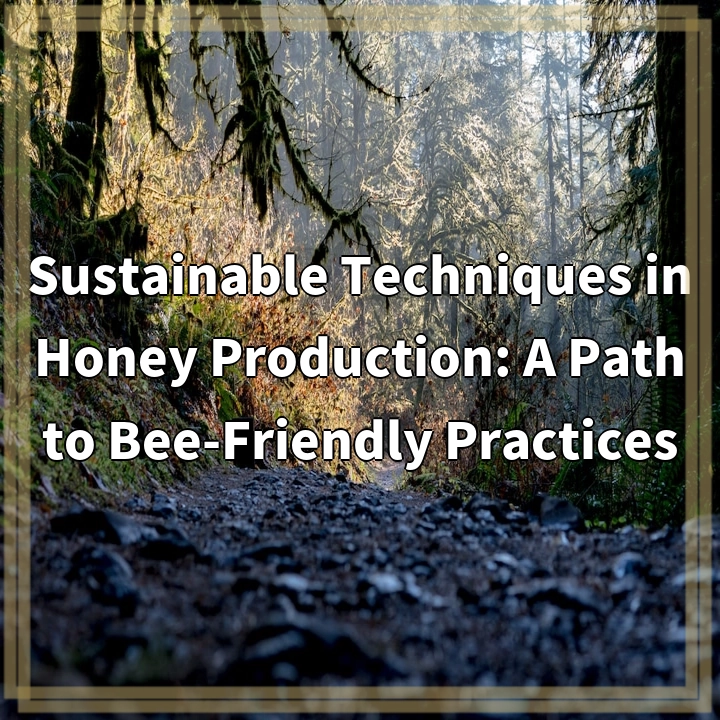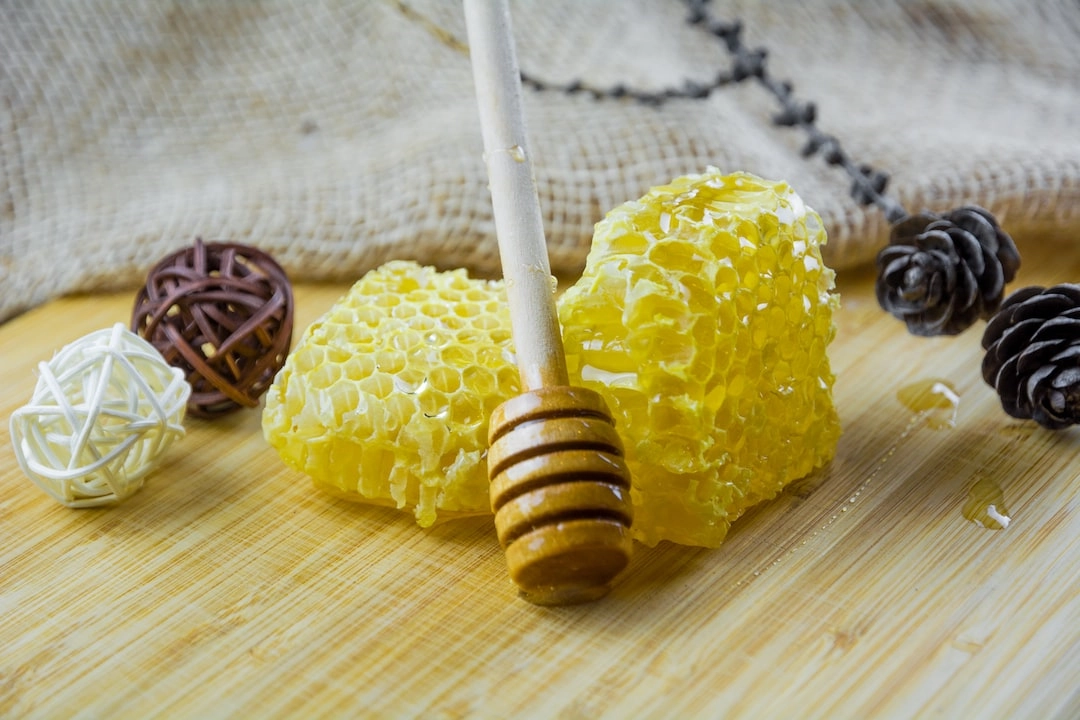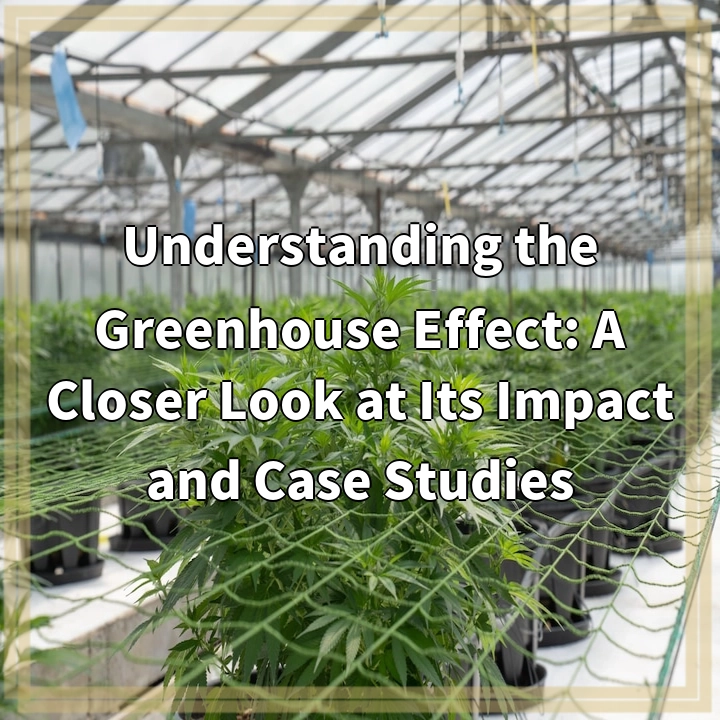
What is Sustainable Techniques in Honey Production?
Sustainable techniques in honey production refer to the practices and methods employed by beekeepers to ensure environmental and social sustainability throughout the honey production process. These techniques aim to minimize the negative impact on bee populations and their habitats while promoting long-term bee health and productivity. By implementing sustainable techniques, beekeepers can contribute to the preservation of bee populations and the overall health of the ecosystem.
Real-World Problems Associated with Sustainable Techniques in Honey Production
Despite the importance of sustainable techniques in honey production, there are several real-world problems that pose challenges to their widespread adoption. These issues must be addressed to ensure the successful implementation and long-term impact of bee-friendly practices.
1. Pesticide Use and Pollinator Health
One of the significant challenges facing sustainable honey production is the extensive use of pesticides in agriculture. Pesticides, particularly neonicotinoids, have been linked to bee population decline and overall pollinator health issues. These chemicals can contaminate floral resources, weaken bees’ immune systems, and contribute to colony collapse disorder. Finding alternatives to harmful pesticides and promoting organic farming practices is crucial to support honey production while protecting pollinator health.
2. Habitat Loss and Forage Availability
Bees require diverse and abundant floral resources for their survival and honey production. However, habitat loss due to land development, industrial agriculture, and climate change has resulted in a decline in suitable forage for bees. Loss of natural habitats and the reduction of floral diversity negatively impact the health and productivity of honeybee colonies. Promoting reforestation, creating pollinator-friendly habitats, and supporting sustainable land management practices can help address these issues and ensure an adequate supply of forage for bees.
3. Beekeeping Practices and Bee Health
Some conventional beekeeping practices, such as the use of synthetic chemicals for mite control and inappropriate hive management, can have detrimental effects on bee health. These practices can weaken bees’ immune systems, cause stress, and increase susceptibility to diseases and pests. Promoting sustainable beekeeping techniques that prioritize natural pest management, proper hive hygiene, and regular monitoring can help improve bee health and colony productivity.
4. Lack of Awareness and Education
Lack of awareness and education about sustainable techniques in honey production can hinder their widespread adoption. Many beekeepers may not be familiar with environmentally friendly practices or the potential benefits they offer. Providing accessible educational resources, workshops, and training programs can empower beekeepers with the knowledge and skills necessary to implement sustainable techniques in their operations.
5. Economic Considerations
Transitioning to sustainable techniques in honey production may require initial investments in equipment, infrastructure, and training. Some beekeepers, especially those with limited resources, may hesitate to adopt sustainable practices due to economic considerations. Developing financial support programs, grants, and incentives for beekeepers can help overcome these barriers and encourage the broader adoption of environmentally friendly honey production techniques.

Solutions to Real-World Problems in Sustainable Techniques in Honey Production
1. Addressing Pesticide Use and Pollinator Health
– Encourage the use of organic farming practices and alternatives to harmful pesticides
– Advocate for stronger regulations and restrictions on pesticide use
– Educate farmers and beekeepers on the impacts of pesticides on pollinator health
– Support research and development of safe and effective pest control methods
– Promote collaboration between beekeepers and farmers to create pesticide-free forage areas
2. Enhancing Habitat and Forage Availability
– Establish pollinator-friendly habitats and protected areas
– Promote reforestation and the planting of bee-friendly floral resources
– Support sustainable land management practices, including reduced chemical use and conservation of natural habitats
– Work with local communities and governments to create pollinator corridors
– Educate the public about the importance of conserving habitat for bees and other pollinators
3. Promoting Sustainable Beekeeping Practices
– Encourage beekeepers to adopt natural pest management methods
– Provide training and resources on proper hive management and hygiene
– Establish bee health monitoring programs
– Support research on breeding bees with natural resistance to pests and diseases
– Develop guidelines and certifications for sustainable beekeeping practices
4. Increasing Awareness and Education
– Provide accessible educational resources on sustainable honey production techniques
– Organize workshops, seminars, and training programs for beekeepers
– Collaborate with beekeeping associations and industry organizations to share best practices
– Raise public awareness through educational campaigns and media outreach
– Engage schools and community groups in pollinator education initiatives
5. Supporting Economic Transition
– Develop financial support programs and grants for beekeepers transitioning to sustainable practices
– Create incentives and subsidies for the adoption of environmentally friendly methods
– Foster market demand for sustainably produced honey through consumer education and labeling
– Establish partnerships with businesses and organizations to support sustainable honey production
– Encourage collaboration and knowledge-sharing among beekeepers to reduce costs and increase efficiency















